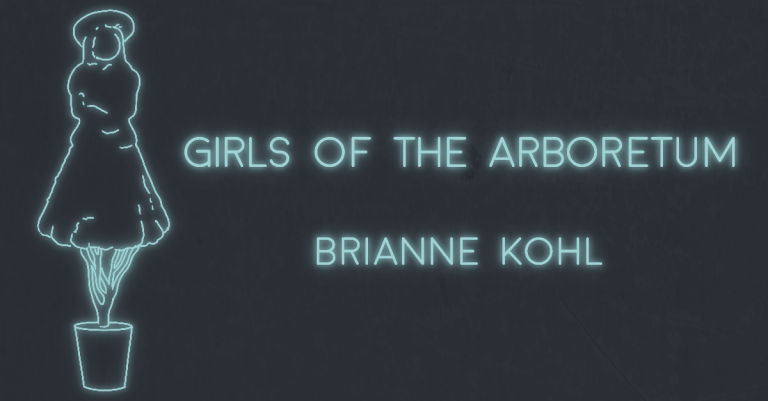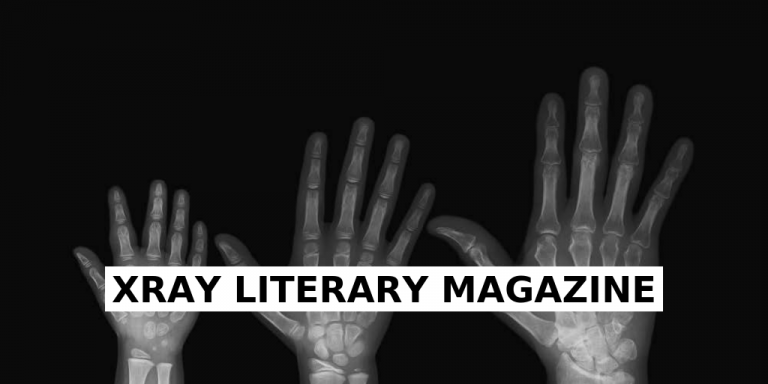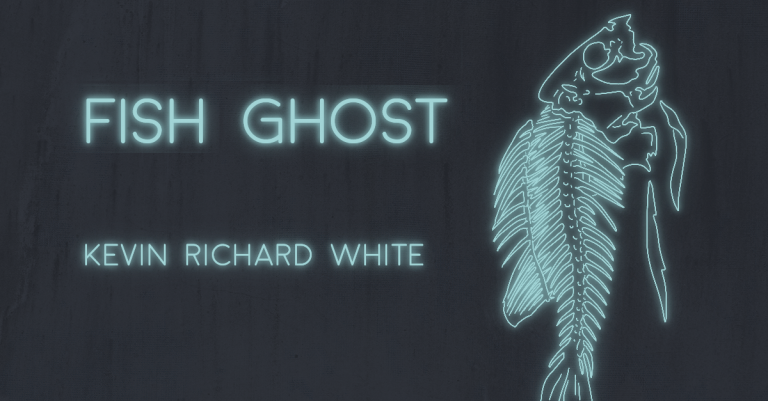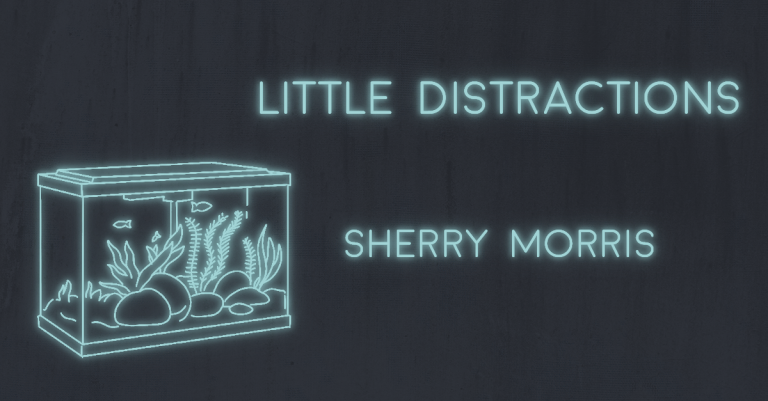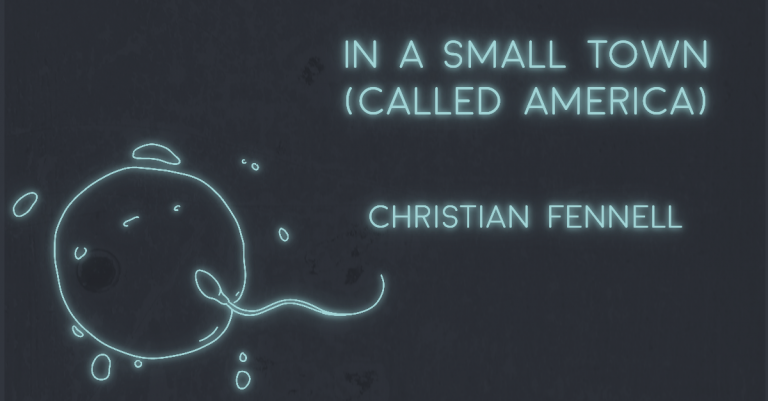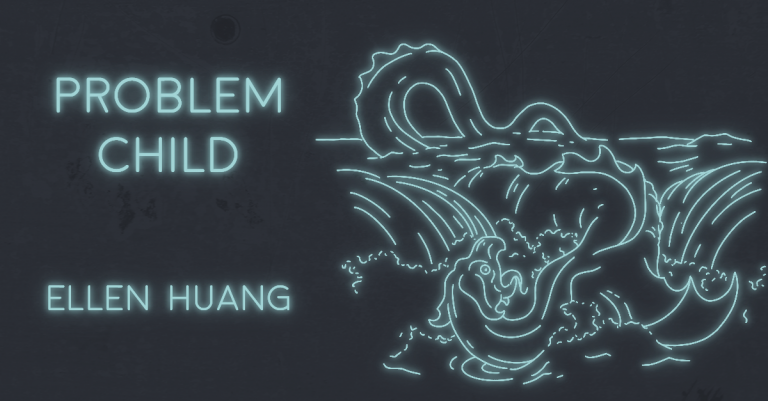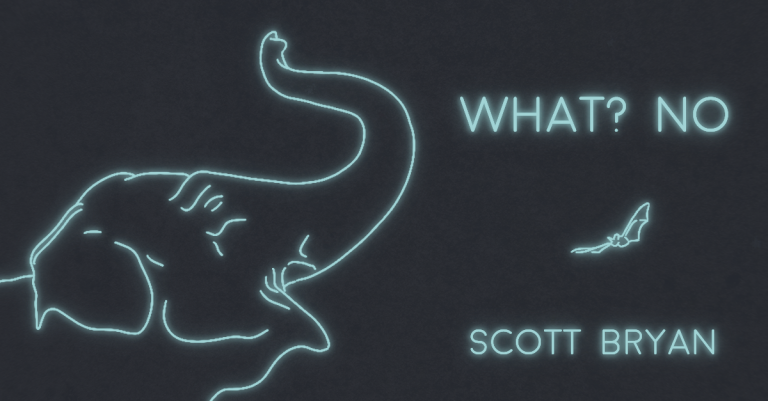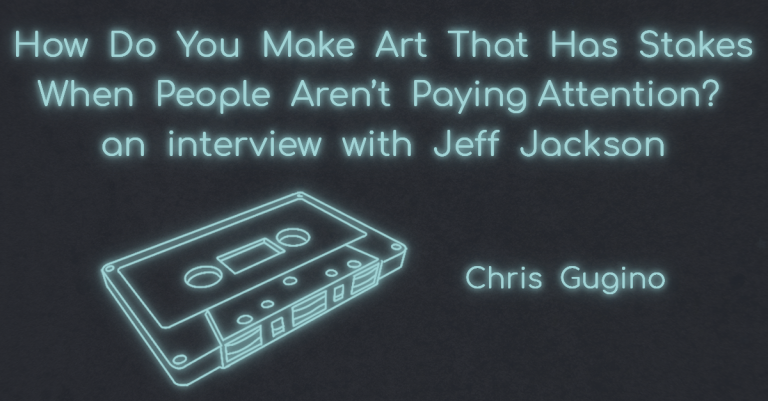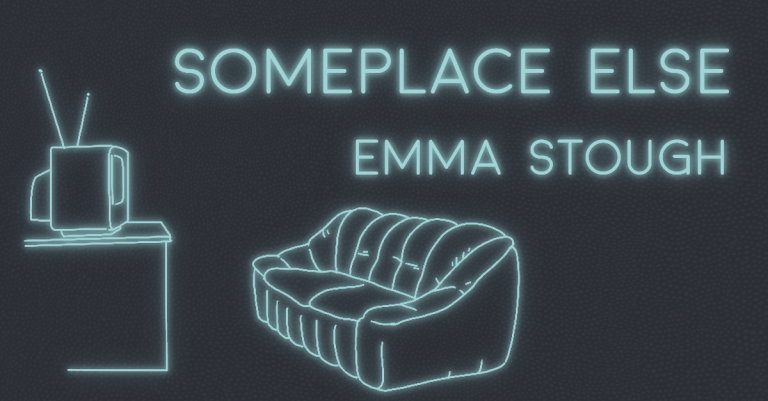
SOMEPLACE ELSE by Emma Stough
I am here now. Wide unexplained sky. How did I get here? Wait. Let’s stop. No, let’s start. We are here now. Again, I think. Purple wallpaper. My family huddled around the TV watching Seinfeld re-runs. I am squeezed between Aggressive Older Brother and Sensitive Younger Brother—I am boiling with discontent. My family huddles like this for decades. The living room stays the same: plush green sofa (embedded with chips and cat hairs, is the cat still alive?) and purple wallpaper. Purple like the dregs of the bitter plum tea. Purple like the dying breath of stormy sunset. Purple like

